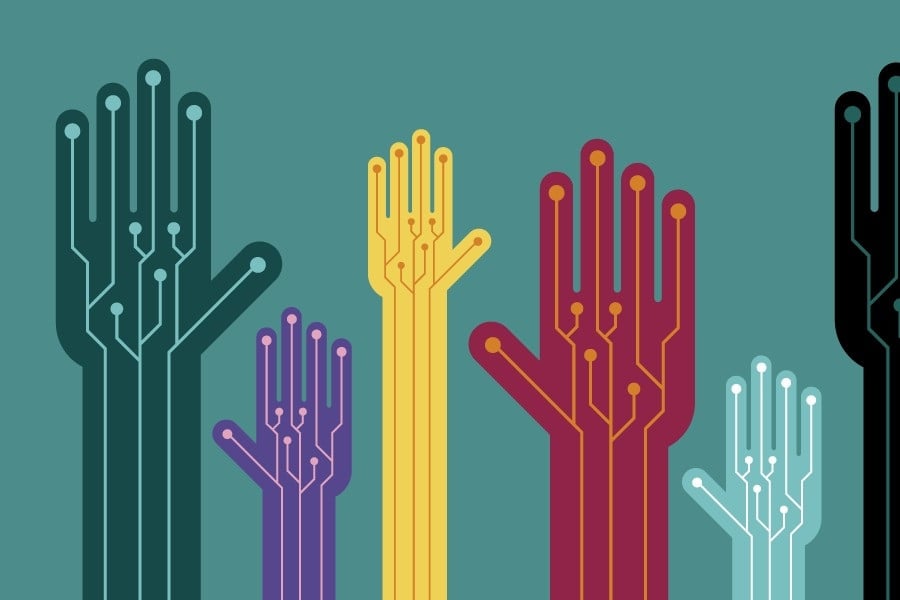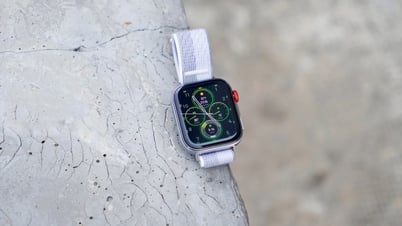26 Billion User Records Data Leaked
Researchers from Security Discovery and CyberNews, led by cybersecurity researcher Bob Dyachenko, have identified a massive data leak, dubbed the 'Mother of All Data Breaches' (MOAB), that involved 12 TB of data and over 26 billion user records worldwide in an open archive.
This is a record volume of data, compiled from thousands of previous data breaches, carefully indexed and collected by cybercriminals.
The leaked data found contained not only standard credentials, but also extremely sensitive information, making it especially valuable to attackers.
Among the data is a large number of user records that have appeared in previous leaks. The largest data category, 1.4 billion records, belongs to users of the Chinese messaging app Tencent QQ.
Other categories contain hundreds of millions of user profiles belonging to other popular apps such as Weibo, MySpace, X, Deezer, LinkedIn, AdultFriendFinder, Adobe, Canva, VK, Daily Motion, Dropbox, Telegram…
The leaked data also involved records from many government organizations at all levels in the US, Brazil, Germany, the Philippines, Turkey...
Microsoft's capitalization exceeds 3,000 billion USD
Share prices continued to rise sharply in the trading session on January 24, helping Microsoft's capitalization surpass the $3,000 billion mark.
Specifically, Microsoft shares rose to a record price of $405.63 per share on January 24 (up 1.7%), helping the company's market capitalization surpass the $3 trillion mark, according to Reuters.
However, at the end of the session, this code was only at 402.5 USD, causing Microsoft's capitalization to fall to 2,992 billion USD.
Market analysts predict that Microsoft will soon return to the $3 trillion market capitalization milestone and will hold this milestone for a long time.
Earlier this month, a surge in its stock price helped Microsoft surpass Apple on January 12 to become the world's most valuable company.
At present, Apple has regained the "throne" among the companies with the largest capitalization value in the world, pushing Microsoft down to 2nd place.
Apple takes smartphone throne in China
According to statistics from data firm IDC, the iPhone maker's market share in China stood at 17.3% in 2023, taking the No. 1 position in the world's second-largest economy .
Although Apple's total iPhone sales fell 2.2% in 2023 compared to 2022, the company was able to revive sales by offering big promotions to iPhone buyers.
Meanwhile, the entire Chinese smartphone market also decreased by 5% compared to 2022, with 271.3 million smartphones sold.
Previously, Apple also won the title of the world's largest smartphone seller in 2023, after iPhone sales fell less than Samsung's Galaxy line.
Tens of millions of accounts have their passwords leaked
According to TechRadar, a giant database containing 71 million login credentials has just been discovered for sale on the dark web for the past 4 months.
The information was shared by the data breach testing service "Have I Been Pwned?" (HIBP). People can easily check if their email is on this list and from which service it was leaked, by visiting HIBP's website at www.haveibeenpwned.com and entering their email.
If the email appears as "Naz.API", it means that your password has most likely been stolen.
What's remarkable is that 25 million of the 71 million logins that were recently discovered had never been leaked before.
"Unlike previous leaks, this dataset includes 25 million completely new passwords," said Troy Hunt, founder of the HIBP service.
China spends nearly $40 billion buying chip manufacturing machinery
China’s chip-making machinery imports rose 14% in 2023 to nearly $40 billion, the second-highest since 2015, according to official customs data, Bloomberg estimates.
This trend comes despite total imports falling 5.5% last year, showing the importance of semiconductor self-sufficiency that the government is pursuing.
Chinese semiconductor companies are ramping up investment in new chip factories to try to boost the country's capabilities and bypass export controls imposed by the United States and its allies.
Those restrictions are cutting off access to the machinery needed to produce the most powerful chips and hampering the growth of China’s high-tech sector, which is seen as a threat to the United States.
The new rules will further restrict access to cutting-edge machinery for Chinese companies like Semiconductor Manufacturing International (SMIC).

iPhone 16 Pro Max will have a 'super awesome' camera

International division over UN common information crime convention

What should Vietnamese users do in the face of the risk from the record data leak?
Source



![[Photo] Nearly 3,000 students moved by stories about soldiers](https://vphoto.vietnam.vn/thumb/1200x675/vietnam/resource/IMAGE/2025/5/17/21da57c8241e42438b423eaa37215e0e)



































































































Comment (0)